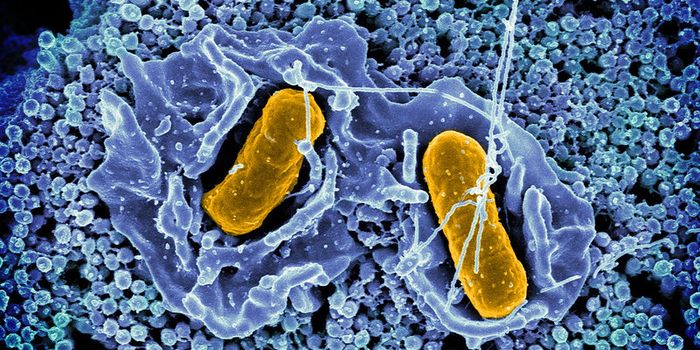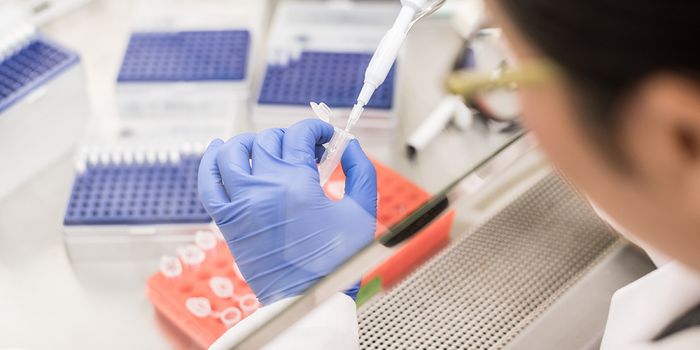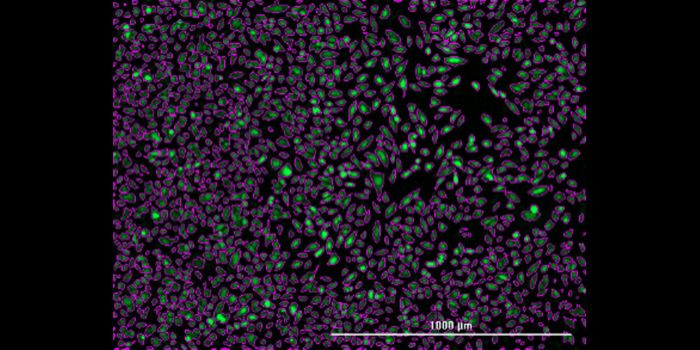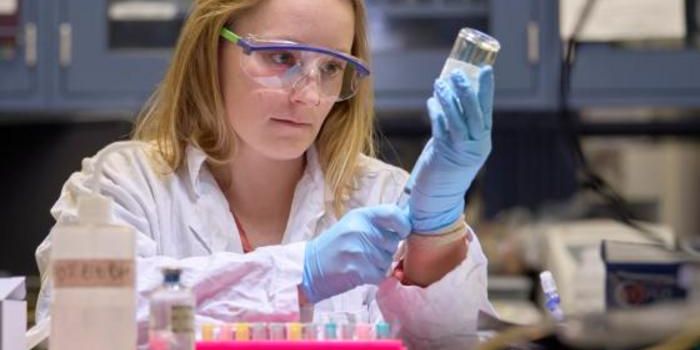Zinc is Shown to be a Key Player in Leaky Gut and Bowel Disease
Zinc and other molecules that come from plants can interact with the aryl hydrocarbon receptor (AHR), and they can affect the function of the intestinal lining or epithelium. AHR and zinc are known to be required for healthy gut function and maintenance, which also has an effect on the immune system. Scientists have now discovered a connection between this association and the prevention of bowel disorders like inflammatory bowel disease (IBD).
The findings, which used intestinal cells, miniature models of a portion of the human gut called human ileum organoids, and mouse models, have been reported in Nature Communications.
In this work, the researchers exposed a mouse model of induced IBD to a diet that was rich in zinc and a molecule that activates AHR. When doses were high enough, these mice were protected from the symptoms of IBD, while mice that were not given the zinc or AHR ligand were not protected. Markers of intestinal inflammation were also reduced in these treated mice, compared to an untreated mouse model.
The study also showed that AHR ligands increase the import of zinc into cells. The healthy function of the intestinal barrier is aided by AHR activation, which boosts the formation of tight junctions between cells and increases mucus production, both of which involve the uptake of zinc or use of zinc in the cytosol of the cell.
When tight junctions break down in the intestinal epithelium, it can lead to condition known as leaky gut, which has been associated with gut inflammation. This can go on to impact other organs and cause disease. IBD is an umbrella term for Crohn's disease and ulcerative colitis, which happen when the gut is irritated and swollen; IBD can cause cramping, pain, diarrhea and bleeding in the gut.
It's thought that about one-third of people around the world do not get enough zinc in their diets, and this problem is particularly pronounced for those on plant-based diets. Bioactive compounds that activate AHR and which are found in cruciferous vegetables could help improve gut health for these individuals.
"Meat and seafood are the best dietary sources of zinc, however global poverty, sustainability issues, and animal welfare concerns are moving the planet's population away from animal-based diets and towards plant-based foods. Therefore, to avoid insufficient intake of this critically important micronutrient it is necessary to ensure that there is an adequate zinc supply," noted study leader Christer Hogstrand, a professor of molecular ecotoxicology at Kings College London.
Zinc is also found in oats, lentils, rice, blueberries, kidney beans, and some other foods.
Now, these findings and the effectiveness of zinc supplementation as a treatment also have to be confirmed in humans with additional research.
Sources: Kings College London, Nature Communications









